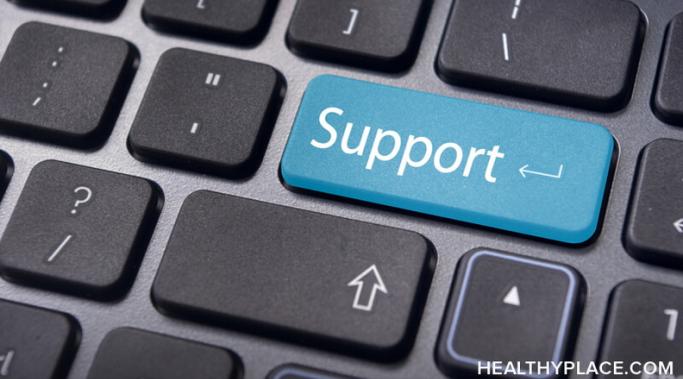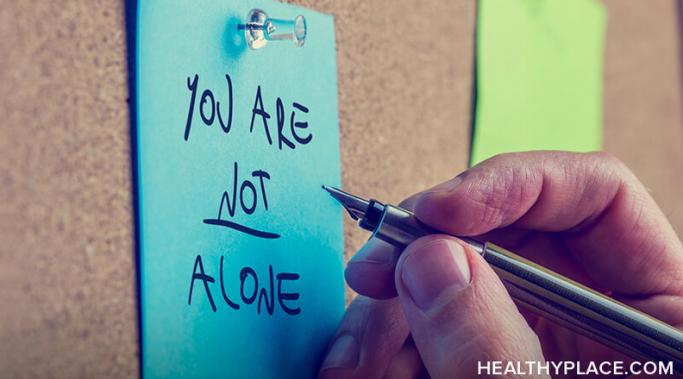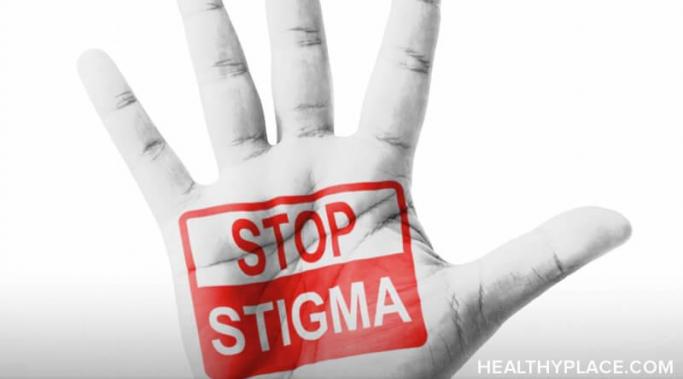Intimacy can be such a tabooed and feared topic, especially for those of us with dissociative identity disorder (DID) who have been subjected to years of prolonged abuse and unwanted touch. The very idea of intimacy denotes something very private, closely personal, and not prone to discussion. However, if true healing is to be obtained, those with dissociative identity disorder must discuss concerns of intimacy, closeness, and vulnerability in order to help heal and to have his or her needs met in their relationships.
Dissociative Living
Do you know how many alters your system contains? Can you ever really know how many parts you have?
Online dissociative identity disorder support groups are all over the Internet. This is good because finding support when you have dissociative identity disorder (DID) can be difficult. Sometimes one-on-one therapy isn't enough, and you want to be able to talk with others who understand what you are going through. Finding local DID groups can be difficult, and oftentimes impossible, leaving many to turn to online groups to find support. But are online DID support groups always the best option?
Imagine living with dissociation and chronic illness. Life is challenging enough when you have dissociative identity disorder, and it becomes even more challenging when chronic illness gets thrown into the mix. There are new symptoms to manage and more doctors visits to go to. Emotions come up that you didn't even know existed. Chronic illness changed my life, and also changed how I manage my dissociative identity disorder (DID).
A dissociative identity disorder (DID) diagnosis is never easy to handle, even as the years pass. The diagnosis is just the beginning of a very long journey. There's going to therapy, finding medication that helps, trying to work with your system, learning to manage your dissociation and then even more therapy. Managing your DID isn't easy, but it does get more manageable over time. It's been three years since I received my DID diagnosis, and a lot has changed.
Antipsychotic medications for dissociative identity disorder (DID) are sometimes used although DID is not treated with psychiatric medications like other mental illnesses are. However, there are medications that can help alleviate the symptoms that tend to go along with DID. These symptoms include difficulty sleeping, panic, anxiety, depression, and mood instability, among others. Antipsychotic medications are one type of medication commonly prescribed to people with DID, but they carry a huge stigma. Does taking an antipsychotic medication when you have DID mean that you are psychotic?
Knowing how to balance being independent and asking for help is hard enough, and when you have dissociative identity disorder (DID), it can be even harder. People with DID and other specified dissociative disorder (OSDD) have often experienced prolonged trauma in childhood, which in turn disrupts their sense of self and sense of their own abilities. This disruption can last through adulthood. But does that mean it's too late to learn how to balance dependence and independence?
I'm not dangerous, although some people think people with mental health disorders are dangerous -- especially, it seems, when it comes to dissociative identity disorder (DID). A diagnosis of DID can bring about a lot of changes. The person can feel different, sometimes better, knowing that they have a diagnosis, and sometimes worse, knowing that the diagnosis is not an easy one. Treatment can include a variety of medications and really difficult, intense therapy. Then there are the changes that you experience from people on the outside, some of whom don't believe I'm not dangerous. While many people are supportive, there is no denying that a DID diagnosis comes with a tremendous stigma that can change a person's life forever.
Surviving vs thriving: What you're doing to cope with dissociative identity disorder (DID) depends on your state of mind. Do you call yourself a survivor or a thriver? One dictionary defines the word "survive" as continuing to live or to simply exist. Another dictionary defines "survive" as to live through a dangerous situation. For those of us with dissociative identity disorder, surviving comes naturally. Developing DID was our only means of survival as children. As adults, could there be more for us than just surviving DID? Are we just going to live with DID, endure and get by with its many complications? Is surviving all there is to life? Could we actually learn to thrive with DID, to prosper, flourish, and succeed? What is the difference in surviving and thriving with dissociative identity disorder?
Alter switching and dissociative identity disorder (DID) are interdependent. The term "'switching" means simply to change, but, in reference to DID, it means to change a part, an alter, or a headmate, as they are called. Everyone has parts that comprise his or her personality. You might have remarked before, "Part of me really wants to improve my health." For someone to reference a single part of their personality is normal, but for those of us with DID, we experience more extreme parts of ourselves that have their own thoughts, opinions, beliefs, wishes, needs, etc. The switching of these parts is difficult, jarring, and disconcerting. If you have DID or know someone with DID, it is important to understand the signs of when someone with dissociative identity disorder is switching alters and what you can do.









